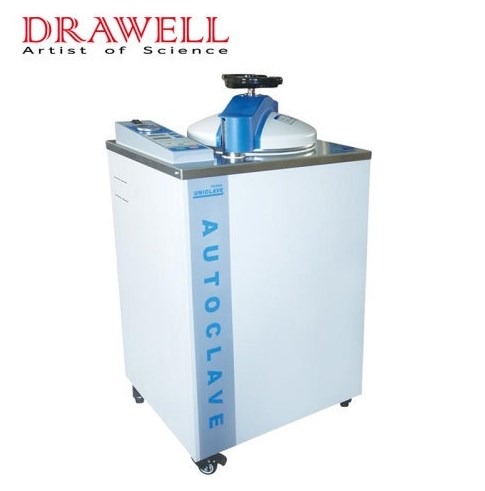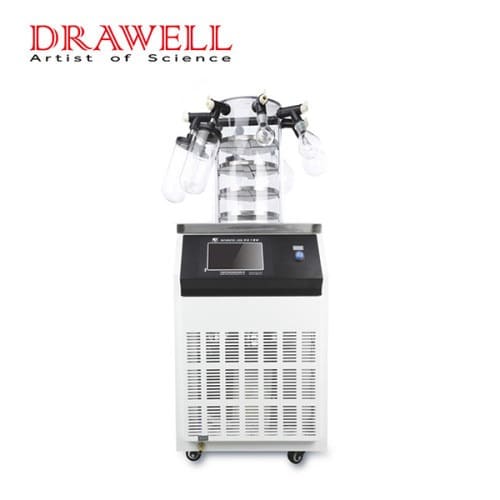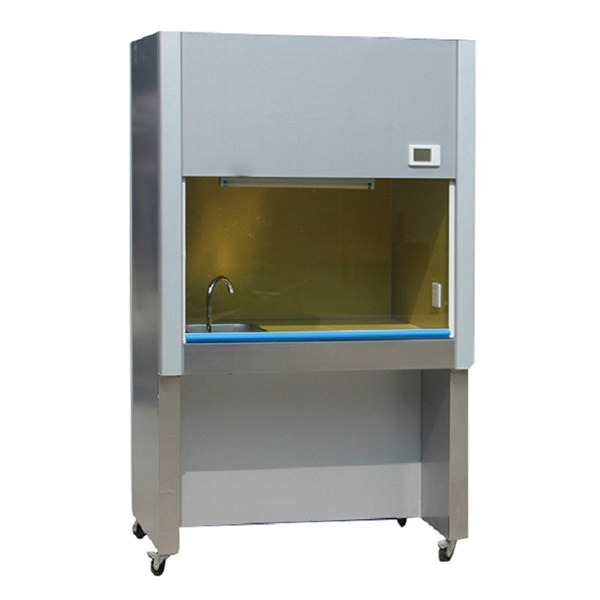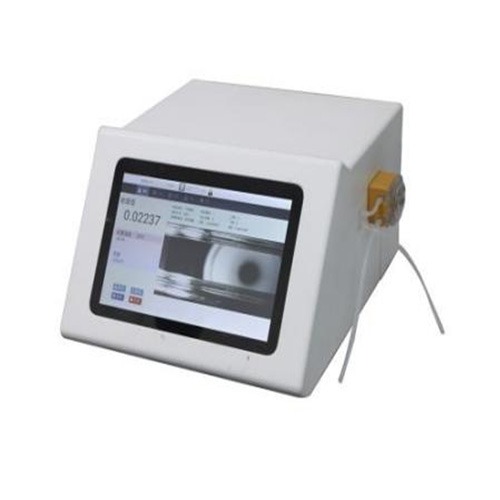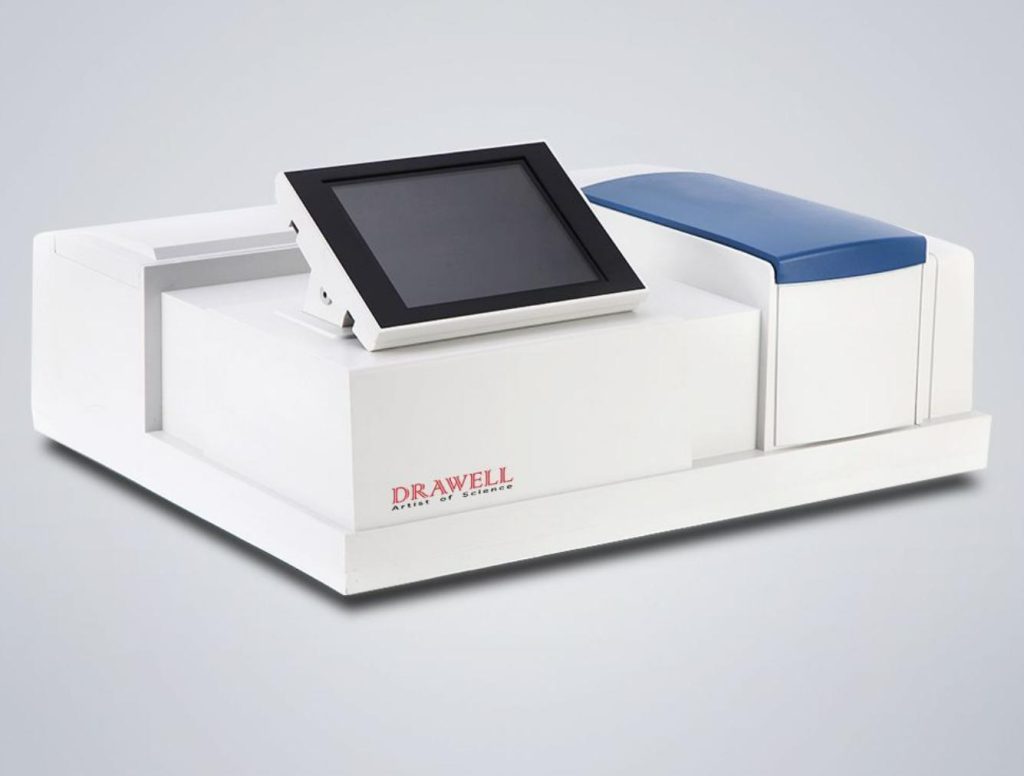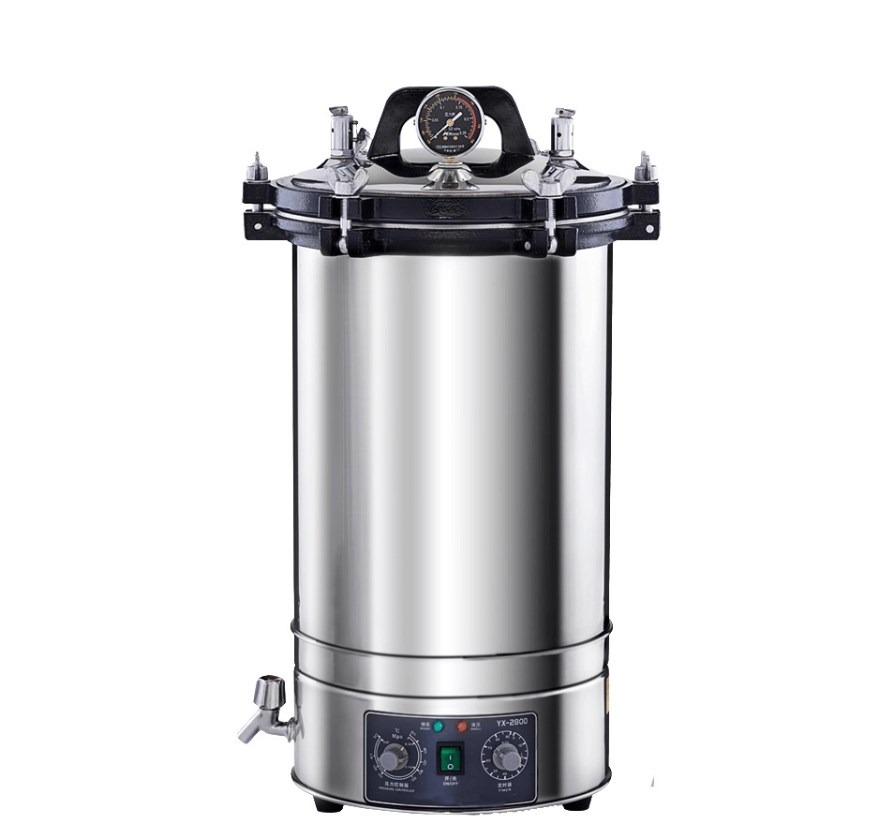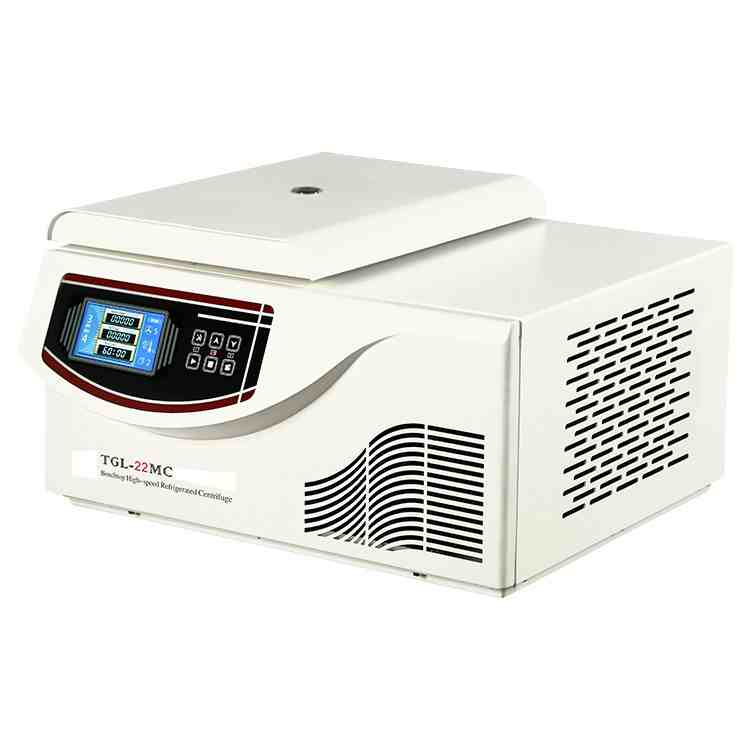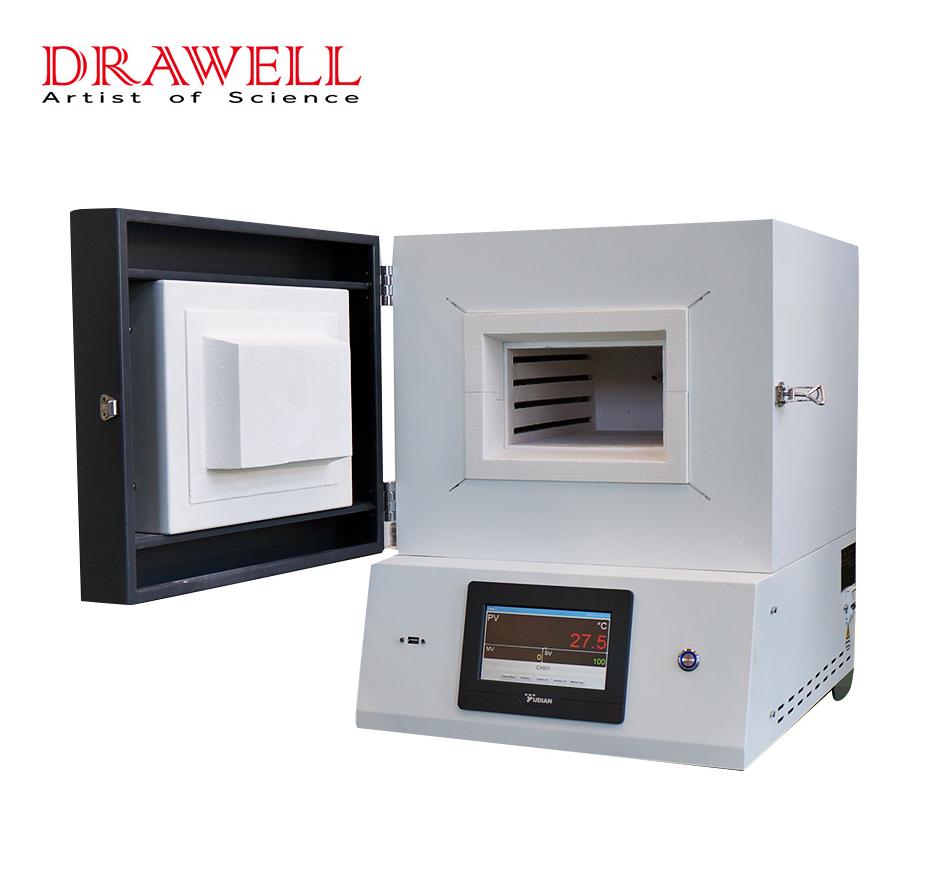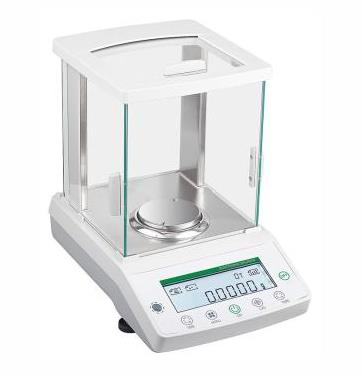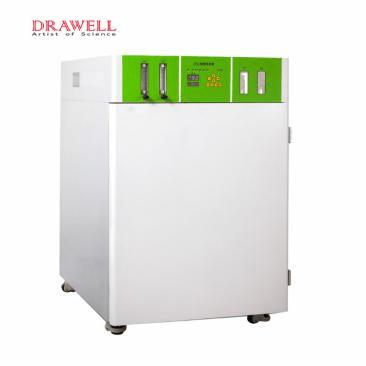News
When Instruments are Sterilized in An Autoclave: Achieving Optimal Outcomes
Sterilization is a vital step in healthcare settings for preventing infection spread and ensuring patient safety. Autoclaving is one of the most extensively used sterilizing technologies due to its efficacy in destroying bacteria. Autoclaves employ high-pressure steam to penetrate and kill microorganisms in instruments, allowing them to be reused. In this article, we will discuss the…
Laboratory Freeze Dryers: An Overview of Prices and Factors to Consider
A laboratory freeze dryer, also known as a lyophilizer, is a piece of equipment used to preserve biological materials by removing water from them under a vacuum. This process, known as freeze-drying, prevents the formation of ice crystals, which can damage cells and other delicate structures. There are many different types of laboratory freeze dryers…
What Is a Fume Hood Used for?
A fume hood is essential for preserving laboratory safety and safeguarding researchers from potentially harmful compounds. The specialized ventilation device is intended to manage and eliminate potentially hazardous fumes, gases, vapors, and particulate matter produced by laboratory processes. In this article, we will focus on the topic of what is a fume hood used for, exploring the versatility…
How does a Density Meter Work?
Density is a fundamental physical property that plays a crucial role in various industries and scientific fields. A density meter is an instrument designed to accurately measure the density of liquids and sometimes solids. These instruments utilize different measurement techniques based on well-established scientific principles. In this article, we will focus on the topic of how a…
How to Use UV Vis Spectrophotometer
In the field of analytical chemistry, UV-Vis spectrophotometers are indispensable tools for studying the interaction of light with matter. These instruments allow scientists and researchers to measure the absorption or transmission of light across the ultraviolet (UV) and visible (Vis) regions of the electromagnetic spectrum. Whether you’re a student conducting experiments in a laboratory or a…
Portable Steam Autoclave: What Are the Advantages and Applications
In today’s world, sterilization plays a critical role in maintaining a safe and healthy environment across various industries. Portable steam autoclaves have emerged as a versatile solution, offering efficient sterilization capabilities in a compact and mobile form. From healthcare facilities to research expeditions and beauty salons, these portable marvels have revolutionized the way we approach sterilization. In this…
What Are the Uses of Refrigerated Centrifuges in Scientific Research and Diagnostics
In the realm of scientific research and diagnostics, the refrigerated centrifuge has emerged as a remarkable tool that combines the power of centrifugal force with temperature control. This specialized instrument plays a crucial role in separating and preserving samples at low temperatures, making it indispensable in various fields of study. From cell culture and molecular biology…
How to Use Muffle Furnace
A muffle furnace is a powerful tool used in laboratories and industrial settings for high-temperature applications. Whether you need to heat-treat materials, perform material testing, or conduct ashing experiments, understanding how to properly use a muffle furnace is crucial. This article provides a comprehensive guide on the operation of a muffle furnace, from setup to temperature…
What Is the Precision of an Analytical Balance?
Analytical balances are indispensable equipment in laboratories, research institutions, and other businesses where precision and accuracy are critical. These extremely sensitive tools are intended to measure mass with extreme precision. In the context of analytical balancing, precision refers to the instrument’s capacity to reliably reproduce the same measurement result under identical conditions. It quantifies the level…
Precautions for Using a CO2 Incubator: Ensuring Safe and Reliable Operation
CO2 incubators are essential laboratory equipment used in various scientific disciplines, including cell culture, microbiology, and molecular biology. These incubators provide a controlled environment for the growth and maintenance of cells and organisms. While they are highly efficient and reliable, it is crucial to follow specific precautions to ensure their safe and effective use. General Precautions To…


